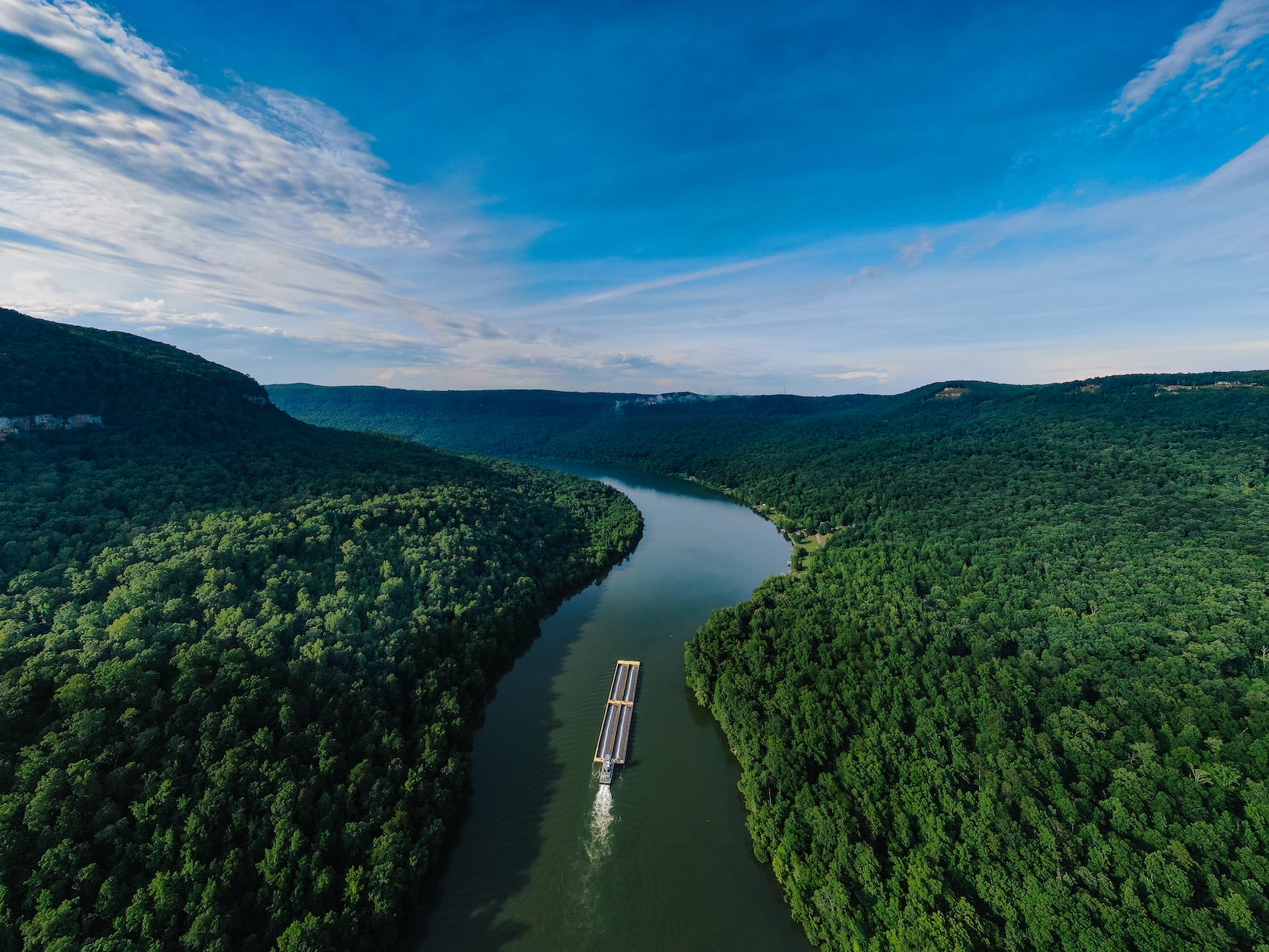Cecília Bojarski Pires (PhD Candidate at the School of Law of the University of Minho)
▪
Indigenous and tribal peoples’[1] ancestral territories are essential for climate stability and resilience.[2] “Their territories contain about one-third of all the carbon stored in Latin America and the Caribbean forests and 14 percent of the carbon stored in tropical forests worldwide”.[3] It is indisputable that the role played by indigenous peoples is vital in terms of global climate action, but that is not all. This article aims to demonstrate the importance of preserving indigenous peoples’ lands to achieve European and global climate goals, protect the forests and other ecosystems, conserve biodiversity, and prevent climate change. Furthermore, it is a matter of respect for human rights, a European value.
According to Villares,[4] indigenous peoples are united to the land and all its elements. Moreover, the land is not just a tangible material element but a subjective element that takes on a transcendental character. Thus, the territory is occupied and developed by everyone in that community. For that reason, indigenous peoples’ production system is, in general, much less predatory. The consequence of this special way of dealing with the land means that indigenous peoples can use natural resources without putting ecosystems at risk. It makes them indispensable for guaranteeing environmental conservation and contributing to the fight against poverty, hunger, and malnutrition.[5]
Continue reading “Why is the demarcation of indigenous peoples’ territories in Brazil important to achieve European and global climate goals?”









